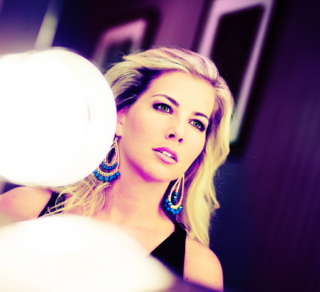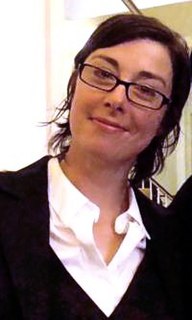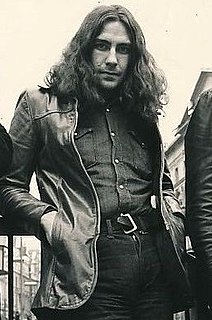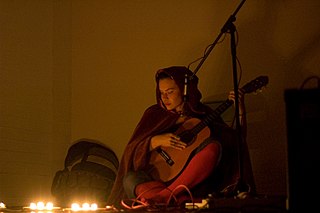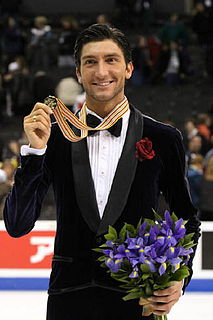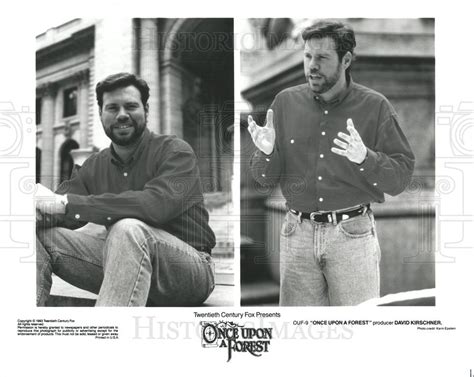A Quote by Morgan James
What really brought out the voice that I have, my soul voice and true voice, was really not getting any work and being very sad and being poor and having to sit with that. I think that's where the blues comes from.
Related Quotes
I have a voice inside. A voice that I am forever trying to silence. A voice that calls me in when I want to be out, playing. A voice that is always sad. That is always terrified. That always wants to sit in the darkened room, away from noise and movement and colour - away from any experience that could prove to be challenging.
In fiction the narrator is a performance of voice, and it can be any style of voice, but I'm interested in the ways that a voice that knows it's telling a story is actually telling a different story than it intends to. In the way that I can sit here and tell you what I had for breakfast, but I'm really telling you that I'm having an affair, something like that. And I don't think my writing is plain, but I think a lot of my characters are just talking. There is vulnerability there, in that we can start to see through them, we can start to see where they're deceiving themselves.
Like Hemingway and Faulkner, but in an entirely different mode, Fitzgerald had that singular quality without which a writer is not really a writer at all, and that is a voice, a distinct and identifiable voice. This is really not the same thing as a style; a style can be emulated, a voice cannot, and the witty, rueful, elegaic voice gives his work its bright authenticity.
I've always been curious about people's psychedelic experiences, and I kind of had this assumption that I was going to have some kind of crazy mindblowing psychedelia thing happening, but actually, it was very quiet, and I didn't have any hallucinations at all. Nothing changed, except that suddenly I could hear the voice of my conscience, which I didn't ever think of as being a real voice. And ever since having that experience, I've had that voice in my head and followed it occasionally.
I had a hole in my voice. It's an area in the voice where it's air. It's just - there's no - it's just very airy. And my classical teachers were just so frustrated with me because I would have these deep, low notes that were really strong, and the higher register was strong, but right in that middle area, it was really hard. It was like a passage. And many singers go through this and work it out. But I realized in jazz, I could just take advantage of that and take advantage of having a voice that was very different in different areas.
I think that a huge positive that's come out of me having successful competitions as an athlete has been that, through the years it's become less and less about personal victory and more about strengthening a platform for me to have a voice in the world and I could really talk about anything I wanted to and I've chosen to make my voice be heard and be recognized for some of the charities that I really care about and work very closely with.
We're always being told 'find your voice.' When I was younger, I never really knew what this meant. I used to worry a lot about voice, wondering if I had my own. But now I realize that the only way to find your voice is to use it. It's hardwired, built into you. Talk about the things you love. Your voice will follow.
There was a whole cut of the movie where Tom Holland decided to try a woman's voice for the voice of Chucky, proceeding from the logic that it worked with Mercedes McCambridge voicing the voice of Satan in "The Excorsist" so he thought he would give it a try. It didn't really work. Chucky just sounded kind of gay.We brought that back in Seed of Chucky.
